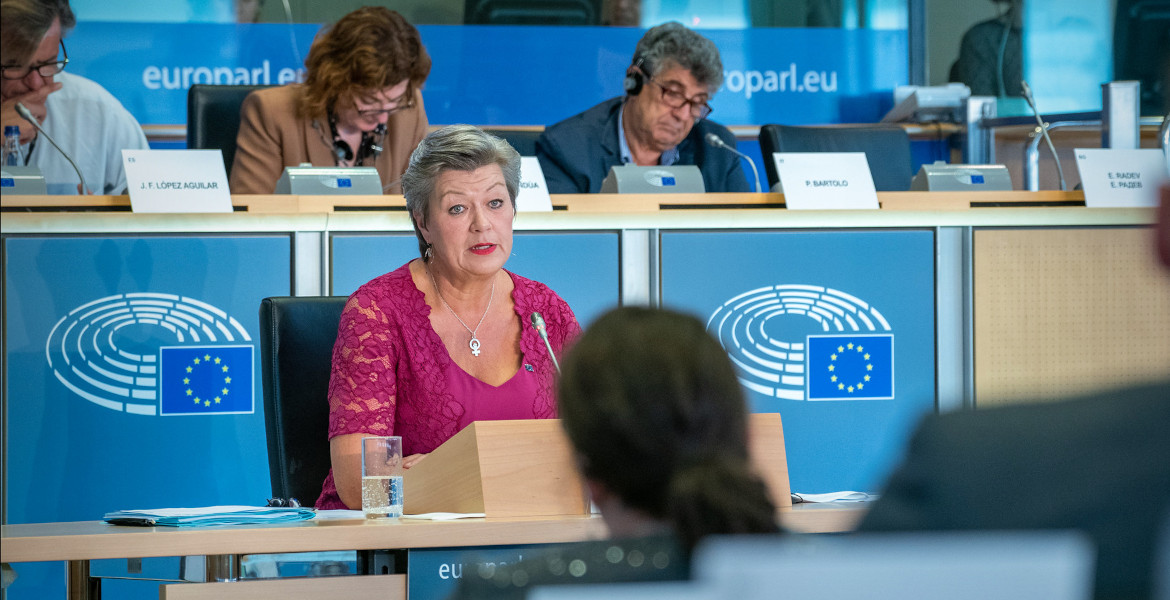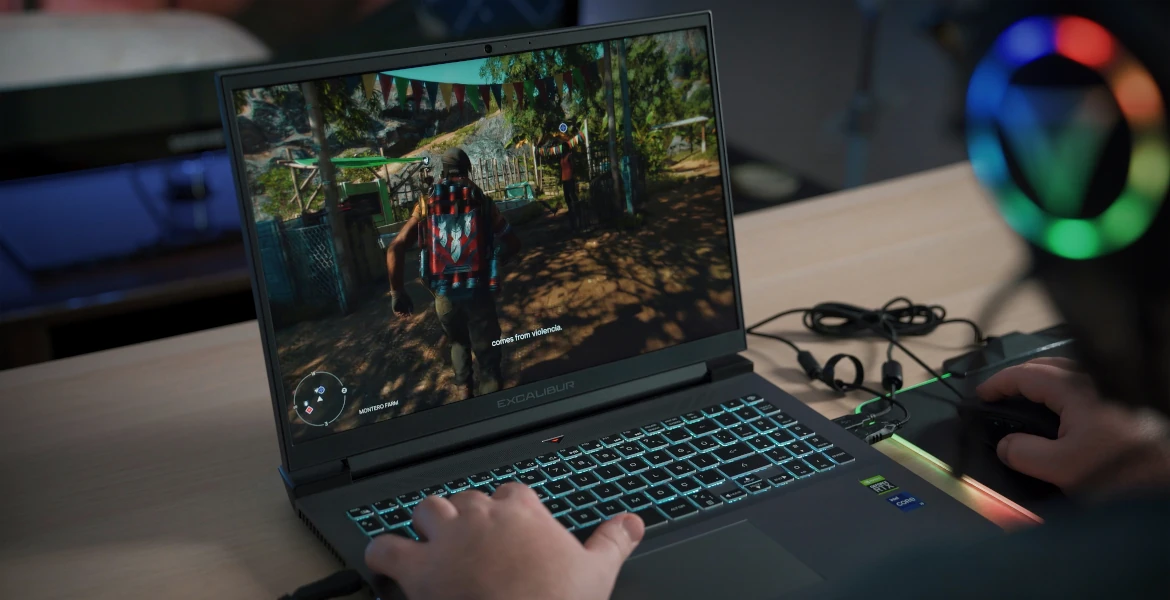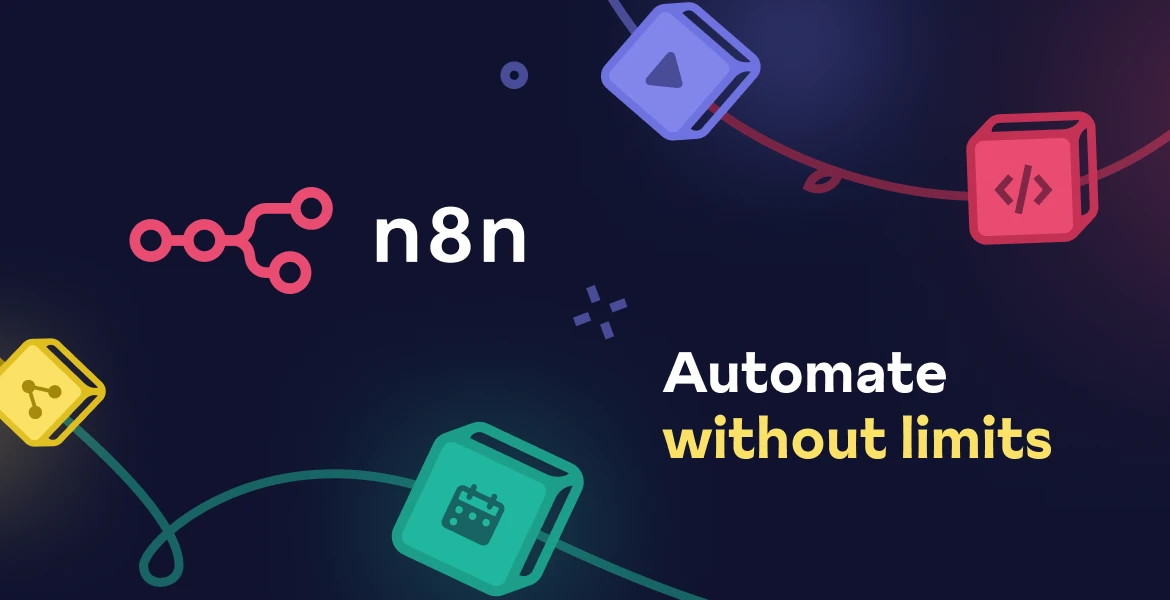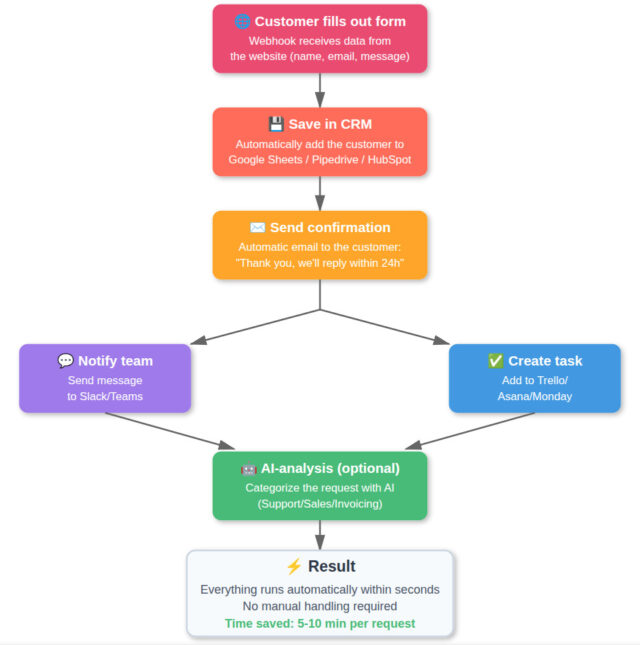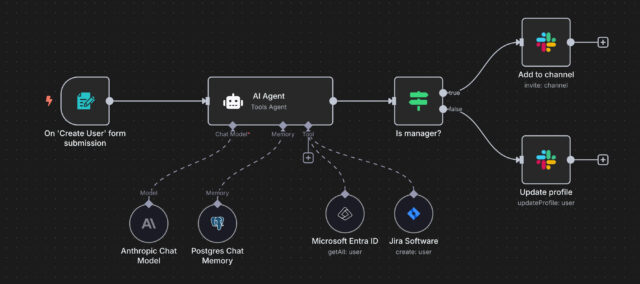Elon Musk continues to release new revelations about Twitter's censorship tools as well as the company's behind-the-scenes decision-making process. The first thing he chose to address is the how Twitter censored the story of Hunter Biden's laptop.
It was at the end of November that Twitter's new owner, Elon Musk, promised to reveal to the public how the platform had practiced strict censorship of its users before his takeover. Twitter began releasing the results of a major in-company investigation this month, which includes thousands of documents that have come to be known as the "Twitter files."
What has been revealed is that the tools were initially used to remove spam and money fraudsters, for example. But this initial form of censorship slowly evolved and began to assume other forms, with Twitter executives and employees finding more and more ways to use these tools, which were later made available to other companies as well.
For example, some political organizations had a network of contacts who had access to these censorship tools, allowing them to request that certain posts be removed or at least reviewed. In the United States, both Democrats and Republicans had access to it. Requests were made by both the Trump and Biden campaigns in 2020, the documents indicate. Although since Twitter's values were primarily shaped by employees who were sympathetic to the Democrats, this meant that "the [censorship] system was not balanced."
"Because Twitter was and is overwhelmingly staffed by people with a political bent, there were more channels, more ways to complain, open to the left (well, Democrats) than to the right," writes Matt Taibbi, who is one of those reporting on the Twitter documents.
In this context, it's not particularly surprising that Twitter then did its best to suppress the story of Hunter Biden's laptop during the ongoing US presidential campaign. It resorted to several methods to ensure that the New York Post article about the then-candidate's son would not spread, such as by removing links or marking such tweets as "unsafe." It even went so far as to block links to the article in direct messages, a tool otherwise used for child pornography, among other things.
For example, Kayleigh McEnany, who was then the White House Press Secretary, was blocked from her account merely for addressing the article in a tweet, prompting her to be contacted by the White House.
The employees who had made the decision blamed it on "hacking," meaning that it was believed that the New York Post had used hacked material for the article, which would have violated Twitter's "hacked materials policy."
"'Hacking' was the excuse, but within a few hours almost everyone realized it wouldn't hold up," a former employee of the platform stated. "But no one had the guts to turn it around."
There was even an internal discussion on the subject, questioning the decision.
"I have a hard time understanding the political basis for marking this as unsafe," wrote Trenton Kennedy, the company's then-Communications Director, for example.
Democratic Congressman Ro Khanna even wrote to Twitter about the censorship to question it, also mentioning in his letter that it was possibly a violation of the US Constitution's First Amendment. He was actually the only prominent Democrat to question the censorship of the Hunter Biden laptop article, sharing his reasoning in an internal discussion with Twitter executives on why this "does more harm than good."
"Even if the New York Post is Right-wing, restricting the dissemination of newspaper articles during the current presidential campaign will backfire more than it will help," Khanna reasoned, asking that the discussion be kept internal between Twitter's then-CEO, Jack Dorsey, and the Democrats and not discussed with other employees.

